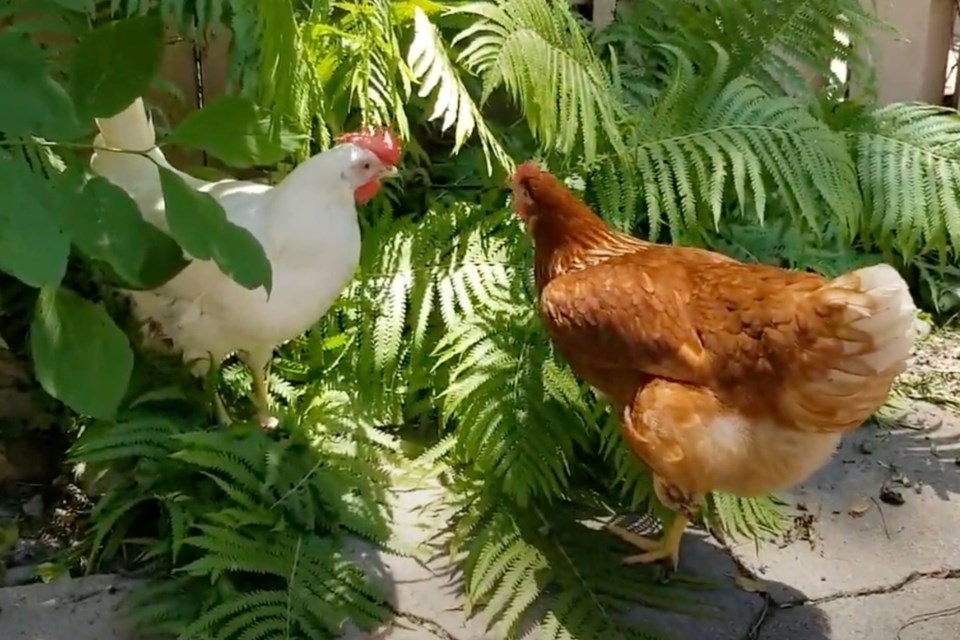For years, Toronto resident Virginia Rankin’s backyard near High Park was home to a small flock of hens she affectionately called “the girls.” But this summer, after her last bird died, she dismantled her coop—convinced the city will never bring back the program that once allowed her to keep them.
Rankin was among the first participants in UrbanHensTO, a pilot launched in 2018 that let residents in select wards keep a few hens for companionship and eggs. Roosters were banned, but for enthusiasts like Rankin, the hens provided joy, a steady food source, and even neighborhood entertainment. “They’re just really relaxing animals to watch,” she said.
The program, however, never expanded citywide. In 2023, council paused it over costs and concerns the birds could spread avian influenza. Participants already keeping hens were allowed to keep them until their natural end, but no new applications were accepted. Now, city staff have confirmed the program won’t be reconsidered “until further notice,” citing ongoing avian flu outbreaks that have killed millions of birds across Canada.
That explanation doesn’t sit well with Rankin, who dismisses the bird flu justification as a “bureaucratic excuse.” She argues the real risks come from factory farms, not backyard coops. Others, like east-end resident Dianne Cordero, say the program offered valuable learning experiences for children, helping them connect food to its source.
Animal rights groups disagree. Kaitlyn Mitchell of Animal Justice said avian flu is a legitimate concern in urban settings, particularly where enclosures may vary in quality. She also pointed out the lack of specialized veterinarians for hens in Toronto, arguing that backyard flocks can struggle to get proper care. Beyond health issues, she called the program a costly “hobby for affluent Torontonians,” citing a city survey that showed most participants earned six-figure incomes.
For Rankin, though, the benefits extended beyond her property. Kids from the nearby park often visited to watch her hens, and many still stop by looking for the birds. “These are the happiest chickens you’re ever going to see,” she said, adding that she hopes Toronto reconsiders one day.
As the city leans toward caution, the debate continues between those who see backyard chickens as a step toward sustainability and those who view them as a risky, inequitable indulgence. For now, at least, Toronto has clipped the wings of its urban chicken experiment.


